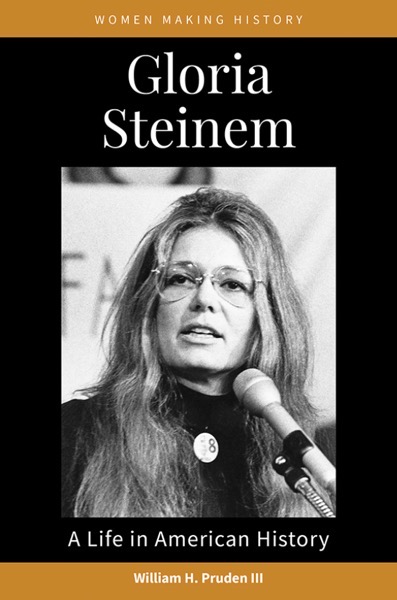In researching and writing my book on Giuseppe and Anita Garibaldi and the unification of Italy (A Man Of Action Saving Liberty: A Novel Based On The Life Of Giuseppe Garibaldi) I re-discovered the first American female war correspondent – Margaret Fuller — who I had first met in a college course on the Transcendentalists. I was once again fascinated by a life lived purposefully.
Then I found Tammy Rose’s podcast on the Transcendentalists – Concord Days – and was delighted when she asked me to guest for a discussion of Fuller’s work in Italy as both a journalist – and a nurse. — Rosanne
Watch this entire presentation
Concord Days sends love to Margaret Fuller on the anniversary of her death in 1850.
The conversation focuses on Margaret’s exciting days in ITALY!
Dr. Rosanne Welch takes us through her adventures and enthusiastically reminds us what she was like when she was living her best life!
Transcript:
Tammy: …and she’s constantly reinventing herself. Like that one of my favorite things about her is the conversations that she had with women which are kind of like modern-day podcasts where it’s like let’s just get everybody together and just talk. You know.
Rosanne: Well that’s and that goes into the 1960s. Their rap sessions right? That’s it you know consciousness-raising and in every generation, like we often teach that the beginning of women’s right or whatever you know you go back to Mary Wollstonecraft right and then think about that’s England but here in America those same conversations are being had.
Tammy: Yeah Yeah and I and I feel like she had to do so much fighting and but or not even like necessarily fighting but just like to reaffirm her right to be in that room or to you know be working as a correspondent for Horace Greeley’s paper.
Podcast: Play in new window | Download
Subscribe: RSS
![06 The Right to be in the Room from Concord Days: Margaret Fuller in Italy [Video]](https://rosannewelch.com/wp-content/uploads/2021/08/rmw-concord-day-2021-fuller-rome-06.jpg)
![05 Margaret’s Education from Concord Days: Margaret Fuller in Italy [Video]](https://rosannewelch.com/wp-content/uploads/2021/08/rmw-concord-day-2021-fuller-rome-05.jpg)

![04 Sex and Marriage from Concord Days: Margaret Fuller in Italy [Video]](https://rosannewelch.com/wp-content/uploads/2021/08/concord-04.jpg)

![03 Transcendentalism and the 1960s from Concord Days: Margaret Fuller in Italy [Video]](https://rosannewelch.com/wp-content/uploads/2021/08/concord-03-1960s.jpg)
![02 Fuller’s Life and Bronson Alcott from Concord Days: Margaret Fuller in Italy [Video]](https://rosannewelch.com/wp-content/uploads/2021/08/rmw-concord-day-2021-fuller-rome-02.jpg)
![01 Left Out Of The History Books from Concord Days: Margaret Fuller in Italy [Video]](https://rosannewelch.com/wp-content/uploads/2021/07/rmw-concord-day-2021-fuller-rome.jpg)
